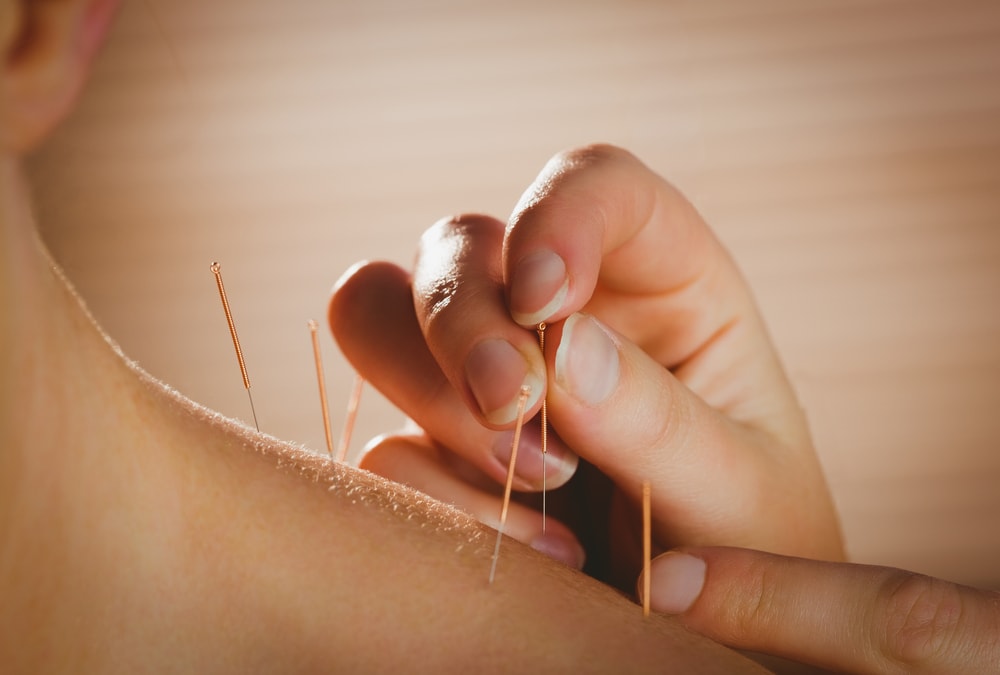
'I’m Miserable at Work. How Do I Make a Strategic Career Change?'
Exploring your best route for career success and happiness

You know how it goes: the Sunday night dread, the ache in your stomach. All the signs are there; you have outgrown your job. Maybe you loved it once, but times have changed and you have changed. Maybe you reached a dead end. Maybe you now have other dreams. Whatever the reason, you know it’s time for a change. So, how do you get started?
1. Ruminate on what you want to keep
If you've had a certain amount of success in your career, there are probably elements that you would like to hold on to. Find the things you want to keep and make a note of them - you'll do best if you find a career that keeps the best bits of your former life.
2. Work out what you have grown out of
What are the things you'd happily never do again? Take an inventory of the things you will gladly leave behind. Be sure to check that these are not major components of a new role.
3. Decide what success looks like for you
We are constantly bombarded with messages about what success is supposed to look and feel like, but if you are thinking of choosing again in 2017, you need to be able to hear the voice inside that has a very personal definition of success.

Read the full article on the Life Coach Directory.
Written by Erica Sosna - Career Coach and New Business Coach.
'No Matter What I Do, I Can’t Lose Weight - Please Help!'
Discover why you might be struggling to shift those pounds

Long-term weight loss can be challenging for the following reasons:
1. Prolonged Stress
When stress is a constant part of your life, the body produces a stress hormone called cortisol. People with high cortisol levels tend to have higher insulin levels, which makes the body store fat, especially around the waistline.
Skipping meals while stressed causes the body to produce adrenaline. This can make you feel great in the short-term, but can make you break down muscle for energy rather than breaking down fat, reducing your resting metabolic rate (RMR).
2. High sugar diets
Eating refined carbohydrate foods and sugars can lead to excess insulin (the hormone that helps the body move sugars from food into the cells of our bodies) as they cause sharp spikes in blood sugar and signal the body to make more to process it.
Eating protein and fat with each meal reduces the speed at which glucose is absorbed into your bloodstream. This will balance blood sugar levels, reduce insulin spikes and keep you satiated for longer.
3. A lifetime of dieting
Going on and off diets may have reduced your RMR. Our bodies adapt to our environment, so by consuming less calories it will adapt to this and becomes your normal set point. When you go back to your old eating habits, your body treats the calories as surplus to requirement and stores them as fat.

Once we understand the causes of excess weight, they’re much easier to address and reach our goals.
Read the full article on Nutritionist Resource.
Written by Sandra James ND, NT Dip CNM, MBANT, MCHNC.
'Voluntarily Sticking Needles in Me? What is Acupuncture?'
Pin-pointing what the therapy is, and how it could help you

Acupuncture treatment restores the equilibrium of the body and mind, and is always devised around the personal constitution of the patient, rather than just the symptoms they are experiencing.
Acupuncture has been studied and researched much more in the past 30 years, and is acknowledged for its beneficial effects in treatment of lower back pain and migraines, as well as in support of IVF, and digestive issues. We now see significant increase in patient referrals from general practitioners, gynaecologists and fertility specialists.
Fine, hair-thin needles are inserted into certain points on the body to stimulate the healing process or reduce pain. A combination of points in a prescription is assessed according to a very specific diagnosis, following taking an extensive medical history, observation of the pulse and tongue, and gentle abdominal palpation. We discuss lifestyle, diet, exercise, previous medical history, sleep patterns, digestion, bowel movements, any pain and its location and, if you're a woman, details about your menstrual cycle. During the treatment, the sensation felt is described as a tingling or dull ache. The needles are single-use, sterile and disposable and the common post-treatment response is to feel calm and relaxed.

Enjoy acupuncture. It will gently steer your body into what it knows so well - healing itself.
Read the full article on Therapy Directory.
Written by Gordana Petrovic BScHons TCM RSM MAcS.
'My Boyfriend Called Me Passive Aggressive; What Does He Mean?'
Actively finding the root of passive aggressive behaviour, and what you can do about it

Passive aggression is a destructive pattern of behaviour that can be seen as a form of emotional abuse, that bites away at trust between people. It happens when negative emotions and feelings build up and are then held in on a self-imposed need for acceptance by another, dependence on others or to avoid further arguments or conflict.
It could be seen as a defence mechanism that people use to protect themselves; possibly automatic or stemming from early experiences. What they are protecting themselves from will be unique and individual to each person, although might include underlying feelings of rejection, fear, mistrust, or low self-esteem.
To overcome the effects of passive aggressive behaviour, you need to become aware of the underlying feelings causing your behaviour. Take responsibility for your actions, and try not to feel attacked when faced with a problem, but instead take an objective view of the situation. Learn to be assertive in expressing yourself. You have a right to your thoughts and feelings, so communicate them with honesty and truth to strengthen your relationships.

Read the full article on Counselling Directory.
Written by Andrea Harrn, a leading expert in passive aggressive behaviour and the author of the best-selling The Mood Cards. To discover whether passive aggressive behaviour is affecting your life, please fill in this free questionnaire.
If you've got a question or problem that could do with some expert insight, get in touch with us at [email protected], and we'll provide the professional advice to help your wellbeing needs.

